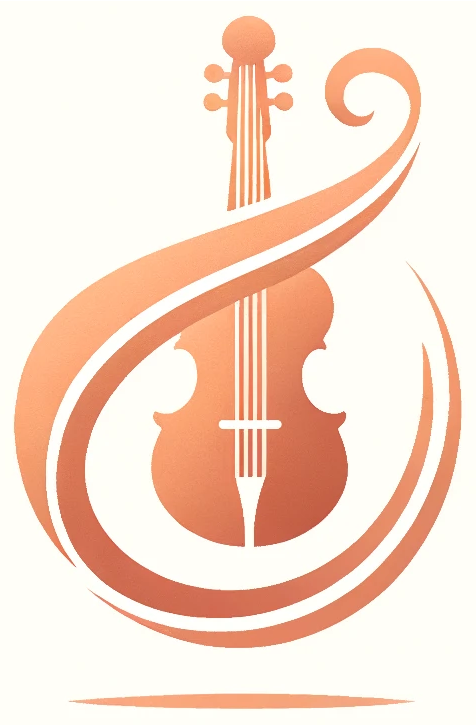Earthquakes
If you live in Canterbury you will by now probably know more about how to keep your instruments safe in a quake than you ever would have cared to learn, but I thought it would be worth adding a chapter from my own experience.
The damage I saw generally resulted from either objects falling onto instruments or the instrument itself falling. It seems cellos were especially exposed, obviously because of their size, but also because they often have no hard case or are left standing up in a stand or leaning against something. It's also probably a bit more of an effort to take a cello out of its case or bag, so some people like to leave the cello out because it motivates and reminds them to practice more often. The safest place for your cello is in a hard case, but if you only have a bag or want to leave it out make sure it's sitting on its side and make sure there's nothing around that can fall on it. A stand may be all right, as long as it cradles the cello quite securely so that it won't fall over if it gets shaken around a bit. You could also check, that your cello won't fall on anything hard if it was to fall over.
Violins and violas seemed a bit better off from my experience, mainly because most people seem to store them in their cases. Don't store them on top of your wardrobe, obviously. I saw a viola that had survived such a fall virtually unharmed after the September quake, but that wouldn't be typical! Most violins I saw only needed minor corrections to the set-up after their cases fell onto their sides. Store the case in a safe place where nothing is likely to fall on it. Under the piano seems to be a popular and reasonably safe place. Seeing what we know about the geology here now, I wouldn't recommend hanging a violin or viola from the wall any more. That said, I know one person whose instruments survived fine on padded, wall-mounted hangers. If you do store your instrument like this, check that the instrument can't rub or bang against anything if it was to swing about and that it is securely held on its hook or loop.
A last thing that I noticed is what I would cell the human element. If after an earthquake your instrument just doesn't seem or sound right, but there's no obvious damage, don't fret. By all means have it checked out by a violin maker as soon as possible, but also keep in mind that you have just been through a pretty traumatic experience yourself and may not be in the best frame of mind for serious practice. Cut yourself some slack and just enjoy your instrument for the great stress relief it can offer and it might come right again by itself.
Finally, if you find yourself in the middle of an earthquake with your instrument nearby, don't take any risks trying to save it. We all know this in theory, but it can be hard in practice. Your instrument, no matter how much you love it is replaceable, you are not!
